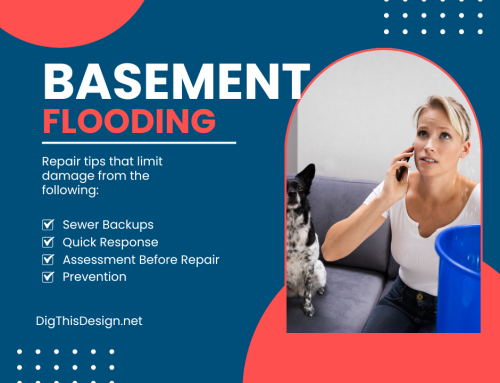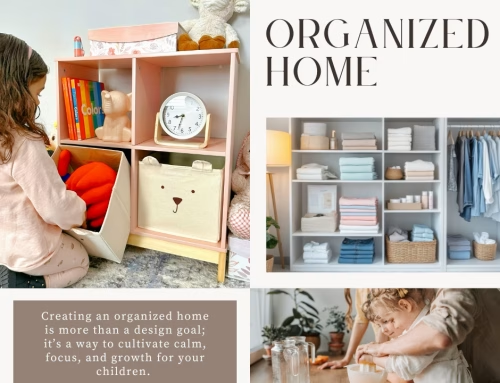Pests, those uninvited guests, have a knack for turning your home into a battleground and your garden into a buffet. From pesky ants and cockroaches to cunning rodents and relentless mosquitoes, pests come in various forms, all with one common denominator: they’re a nuisance. Thankfully, there are proven strategies for pest control when it comes to dealing with these unwanted intruders.
A Guide to Effective Pest Control
In this comprehensive guide, we’ll explore the methods to tackle pest problems effectively, encompassing prevention, natural remedies, do-it-yourself solutions, professional services, and more.
Understanding the Enemy: Common Pests
To wage a successful battle against pests, you must first understand your adversaries. Here are some common pests you might encounter:
Rodents: Mice and rats, capable of chewing through wires, contaminating food, and transmitting diseases.
Insects: Ants, cockroaches, and flies, known for their rapid multiplication and relentless invasion.
Mosquitoes: These tiny pests not only leave itchy welts but also pose health risks by transmitting diseases like Zika and West Nile virus.
Termites: Silent destroyers that can cause extensive structural damage to your home.
Preventive Measures
Preventing pests from entering your space will be your first line of defense. Here are some preventive measures to consider:
- Seal cracks and crevices in walls and foundations to block potential entry points.
- Maintain cleanliness by regularly cleaning and decluttering your living spaces.
- Store food in airtight containers to deter pests from making themselves at home in your pantry.
- Promptly fix leaky faucets and address any water-related issues, as excess moisture can attract pests.
Natural Pest Control Methods
If you prefer eco-friendly solutions, consider these natural remedies to deter and control pests:
- Essential Oils: Dilute essential oils like peppermint, lavender, or neem oil and use them as sprays around entry points to repel pests.
- Diatomaceous Earth: This natural powder can be sprinkled in areas where pests are active, causing them to dehydrate and perish.
- Beneficial Insects: Ladybugs, nematodes, and praying mantises can be introduced to your garden to help control garden pests without resorting to chemicals.
DIY Pest Control Solutions
For those who like to take matters into their own hands, here are some do-it-yourself solutions:
- Traps: Utilize snap traps or humane traps to capture rodents.
- Baits: Create bait stations using substances like peanut butter or sugar to attract and trap ants and cockroaches.
- Homemade Repellents: Mix vinegar, water, and a few drops of dish soap to create a natural spray that repels insects.
Professional Pest Control Services
We asked the experts at pest control in Inverness FL, for their advice. They recommend when the infestation becomes overwhelming, it’s time to enlist the help of experts. Professional pest control services offer:
- Thorough inspections to assess the extent of the infestation.
- Safe and effective treatments may involve the use of pesticides and traps.
- Follow-up visits to ensure the pest problem is fully resolved.
Integrated Pest Management (IPM)
Integrated Pest Management is a holistic approach that focuses on long-term pest prevention. It includes:
- Regular monitoring to detect signs of pest activity.
- Identifying the specific pest species and its habitat.
- Selecting the least harmful intervention method.
- Evaluating the effectiveness of control measures over time.
Gardening Pest Control
Gardeners often face their own challenges with pests. Here are strategies to protect your plants without resorting to harmful chemicals:
- Companion Planting: Pair certain plant species together to deter pests; for instance, marigolds can discourage aphids.
- Natural Predators: Attract beneficial insects like ladybugs and lacewings to your garden to help control pests.
- Neem Oil: Neem oil is a natural pesticide suitable for various types of plants.
Dealing with Pests in Special Environments
If you have unique situations, such as a pet-friendly home or a restaurant kitchen, here’s what you should know:
- Pet-Friendly Pest Control: Utilize pet-safe pest control products and ensure they are applied in areas inaccessible to your pets.
- Restaurant Pest Control: Restaurants must adhere to strict hygiene standards. Regular inspections and pest control services are essential to maintain food safety and customer satisfaction.
In conclusion, effective pest control demands a combination of preventive measures, natural remedies, DIY solutions, professional services, and a comprehensive approach like Integrated Pest Management. By understanding your specific pest challenges and implementing the appropriate strategies, you can successfully maintain a pest-free environment. This ensures your home remains welcoming and comfortable, free from the disruptions and health risks posed by pests. Don’t let pests dictate the terms – take control today.
Other posts you might enjoy:
Home Management: 4 Types of Pest Control Methods
Helpful Pest Control Tips to Keep Annoying Pests Away This Summer





